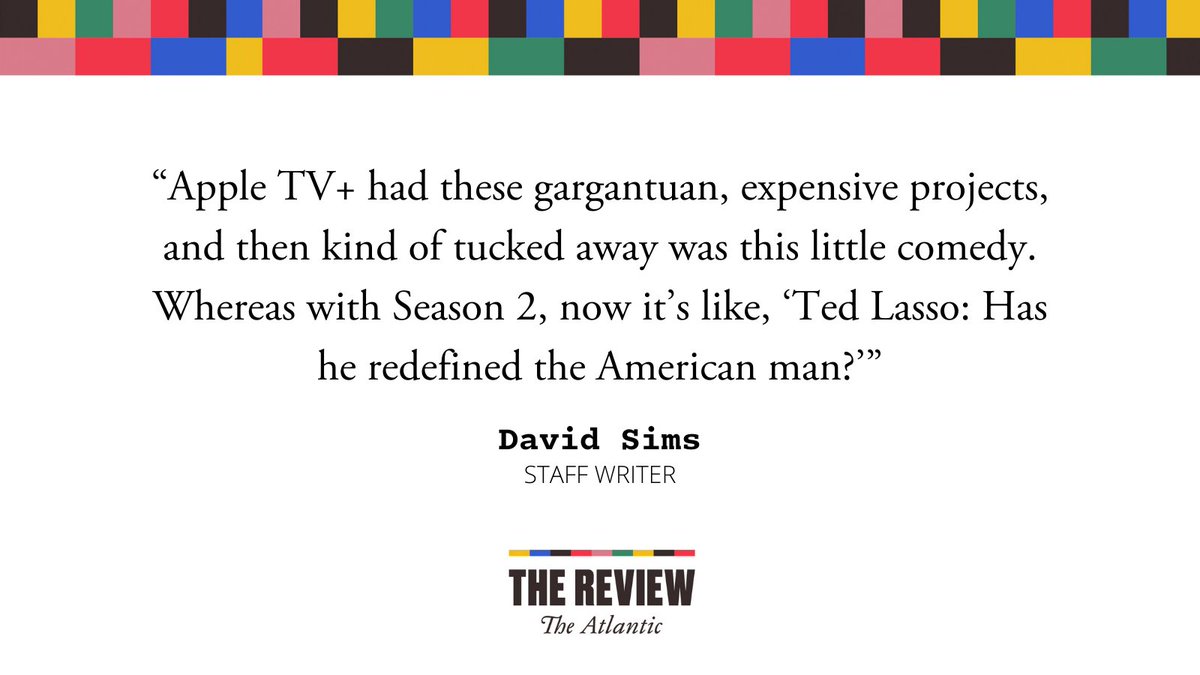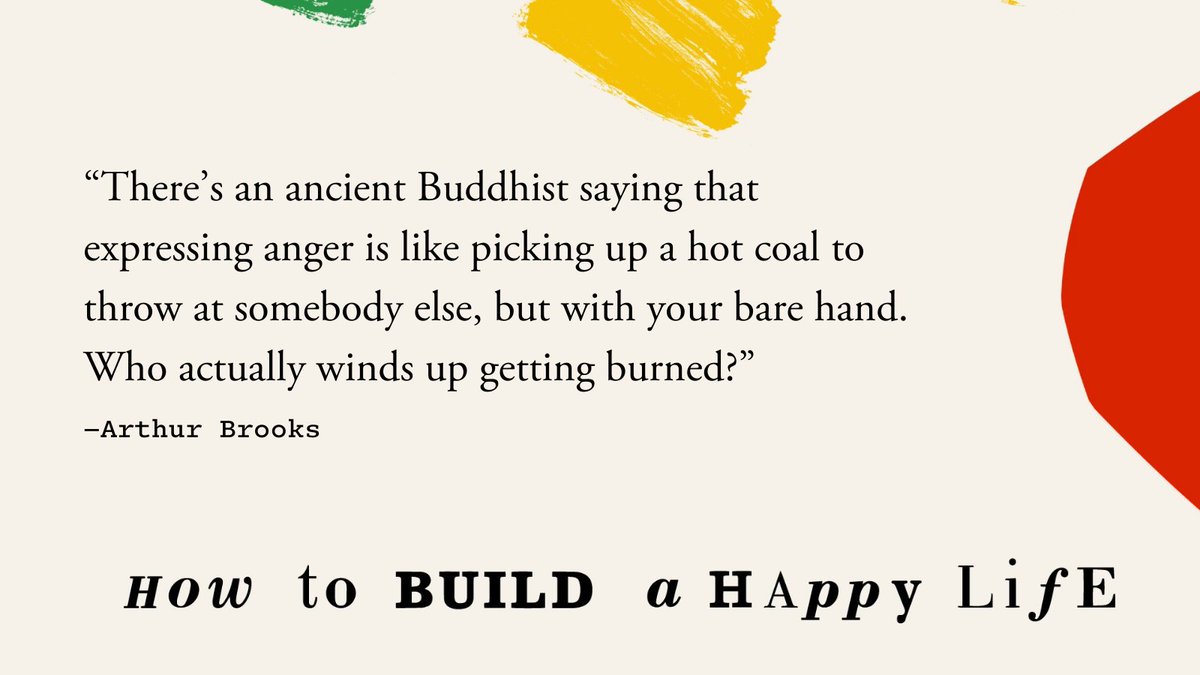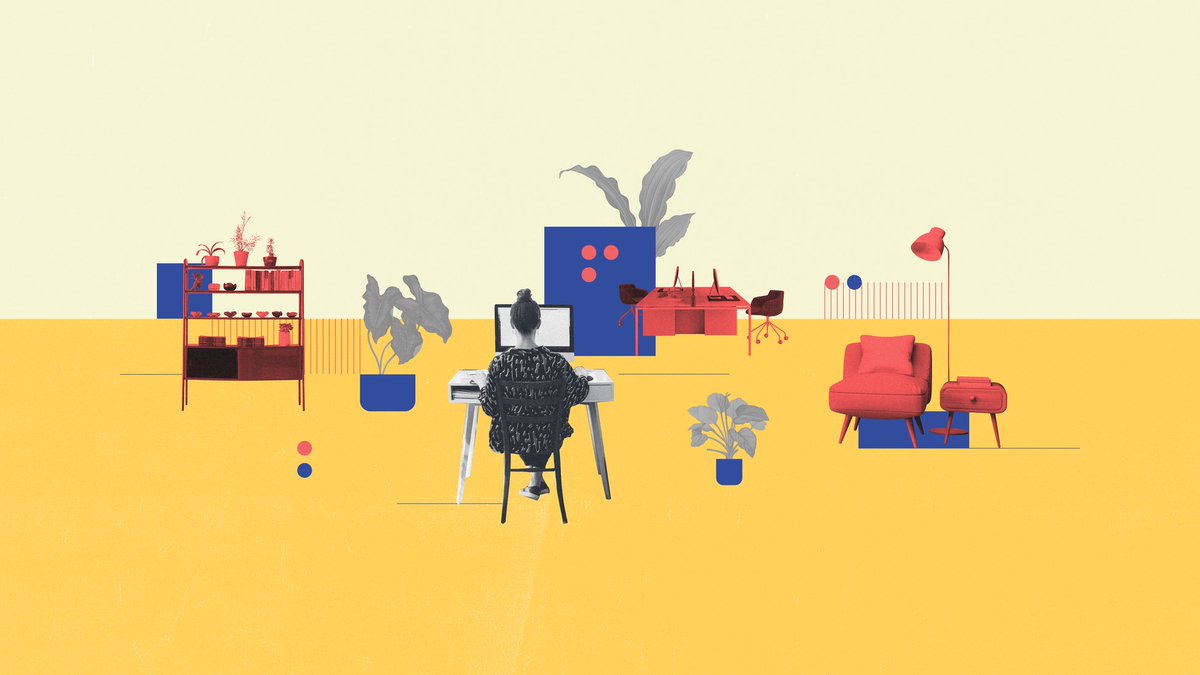
1/11 Today we’re introducing nine new newsletters from The Atlantic, from exciting voices you may already know and love. These newsletters are a benefit of subscription, but anyone can sign up for free during a trial period, which runs until November 30: on.theatln.tc/zGrdqPv 

2/11 .@JordanMCalhoun’s newsletter, Humans Being, searches for lessons in popular movies, books, TV shows, and more. Whatever you’re streaming, this newsletter will be your companion to help understand the story and decide what to play next: on.theatln.tc/wO9pZ18
3/11 In her newsletter, I Have Notes, @nicolesjchung will share conversations and essays, explore the craft of writing, discuss the books she’s reading, and give a little bit of advice—with room for your questions, quirks, and obsessions too. on.theatln.tc/nwnwFLA
4/11 .@DavidAFrench’s The Third Rail will examine the disputes that divide America. French will explore not just the ends but also the means of American debate; his goal is “to speak with you and not at you, to explain what I know and to learn what I can”: on.theatln.tc/khyaFhd
5/11 In Brooklyn, Everywhere, @XochitltheG will ponder the many meanings of gentrification and what we lose in our relentless pursuit of the American dream. on.theatln.tc/rVjzHrG
6/11 .@MollyJongFast is not going to both-sides things in her Wait, What? newsletter. The left-leaning opinion columnist writes that the newsletter won’t try to appear balanced or nonpartisan: It’s “just me, no filter or fealty.” on.theatln.tc/JJCjnjP
7/11 In Peacefield, @RadioFreeTom will think about the challenges facing America: “I can’t shake the feeling that the United States is no longer a serious country.” on.theatln.tc/A7H4LNe
8/11 .@imaniperry’s newsletter, Uncharted Territory, hopes to challenge readers’ values and ignite conversations. Each entry will provide a disruption of conventional takes on American history, culture, law, politics, literature, and more: on.theatln.tc/6zMR6pZ
9/11 .@Yair_Rosenberg’s Deep Shtetl is “a curious person’s guide to the stories behind the stories,” focusing on “the people off the beaten track who don’t appear on all your podcasts; the things and communities we think we understand but don’t.” on.theatln.tc/qmJAYNA
10/11 .@cwarzel’s Galaxy Brain has found a new home at @TheAtlantic. “Very little is going to change,” Warzel writes. The newsletter will help you navigate the interesting times we live in, chronicling the internet-tethered, fiercely divided world: on.theatln.tc/eBejhH7
11/11 “The Atlantic has been, since 1857, the home to much of the country’s best writing talent,” our editor in chief, @JeffreyGoldberg, writes. This new suite of newsletters continues that tradition: on.theatln.tc/bFZctVg
• • •
Missing some Tweet in this thread? You can try to
force a refresh











